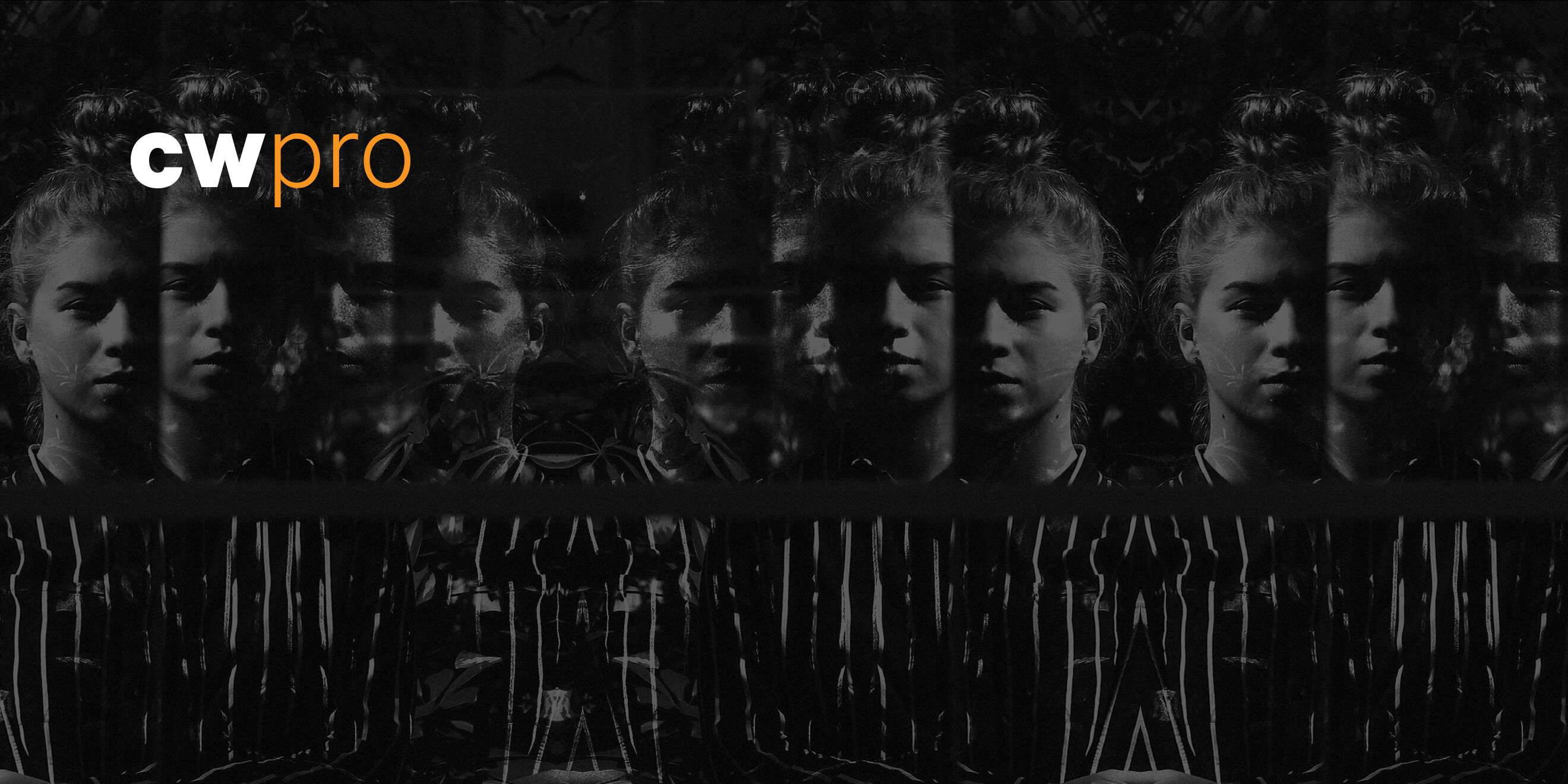At a glance.
- Russia routes occupied Ukraine's Internet traffic through Russia.
- Tsar Vladimir.
- Reports that Ukrainian bandits are reselling arms to terrorists appear to be Russian disinformation.
- Russian court fines Wikimedia for "disinformation."
- Looting a culture.
Russia routes occupied Ukraine's Internet traffic through Russia.
Control of media and communications continues to advance as a matter of occupation policy in those areas of Ukraine that Russia controls. Wired describes how Internet traffic in particular has received close Russian attention. In the vicinity of Kherson, Luhansk, Donetsk, and Zaporizhzhia, Internet service providers have been forced to reconfigure to connect through Miranda Media, a Russian operation. Mobile networks are receiving comparable attention, with hitherto unknown companies now providing mobile service in those areas. The integration of the occupied regions' Internet and telecommunications into Russia has been used to disseminate Russian disinformation and propaganda. It's also part of an ongoing campaign of Russification that's extended to such matters as financial services and nominal citizenship, imposing the ruble as the local currency and issuing Russian passports to civilians who remain in the occupied regions.
Tsar Vladimir.
An expansive and touchy self-image may have something to do with Russian sensitivity to website defacements. Yesterday Russian President Putin, marking the 350th birthday of Tsar Peter I (Peter the Great), noted that his predecessor's (for that is how Mr. Putin thinks of Tsar Peter I) great achievement was the conquest of the land (from Sweden) on which the Tsar would build St. Petersburg. The conquest was, in Mr. Putin's view, a rectification of borders, returning to Russia what should have been its territory all along. “He [Tsar Peter] was returning it and strengthening it,” the New York Times quotes Mr. Putin as saying, and then adding, in an obvious allusion to his special military operation, “Well, apparently, it has also fallen to us to return and to strengthen.” That is, by taking Ukraine.
Reports that Ukrainian bandits are reselling arms to terrorists appear to be Russian disinformation.
BleepingComputer reports that the cyber intelligence firm KELA is investigating offers in various dark web souks that appear to be posted by Ukrainian bandits listing Western-supplied weapons (like Javelin anti-tank missiles) for sale to terrorists. While the descriptions and the pricing seem realistic, KELA and Bleeping Computer conclude that the posts are Russian spoofs. News of the offers circulated early and often in Russian Telegram channels, and they appear to be deliberate disinformation. Is it possible that weapons delivered in military aid could be pilfered by criminals? Sure. But this doesn't appear to be a widespread phenomenon in the case of Russia's war against Ukraine, and the offerings in the dark web are in all probability Russian disinformation.
Russian court fines Wikimedia for "disinformation."
The Verge writes that a Moscow court has fined the Wikimedia Foundation five-million rubles (about $65 thousand) for its reporting on Russia's special military operation, the war against Ukraine. Wikimedia is appealing the fine. Stephen LaPorte, associate general counsel at the Wikimedia Foundation, said, "This decision implies that well-sourced, verified knowledge on Wikipedia that is inconsistent with Russian government accounts constitutes disinformation. The government is targeting information that is vital to people’s lives in a time of crisis. We urge the court to reconsider in favor of everyone’s rights to knowledge access and free expression.” Wikimedia also argues that Russia lacks jurisdiction.
Looting a culture.
As both Ukraine and Russia remember (in very different ways) the Nuremberg Tribunal of 1945-1946, Russia appears to be repeating one of the crimes that contributed to the conviction of Nazi war criminals in that trial: looting of art, (which was especially mentioned in the case of Hermann Göring). In this case, according to the Guardian, there seems to be a systematic policy of removing art, notably Scythian gold artifacts, that could be viewed as belonging to a distinctively Ukrainian patrimony. It's not Ukrainian culture, the point would seem to be, it's Russian culture, because in Moscow's view there's no such thing as Ukraine in the first place.
